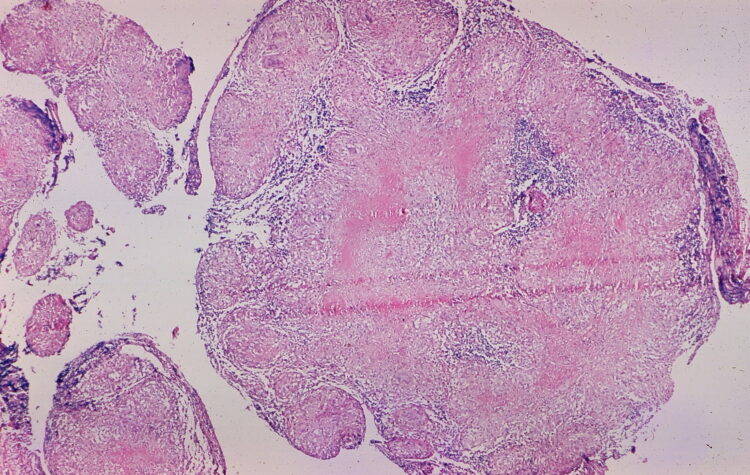Definition of Antidote: An antidote is a substance that counteracts a form of poisoning or negates the effects of a toxin. In medical terms, it’s a remedy used to treat or prevent the adverse effects of a poison. Antidotes can be specific (counteracting a particular poison) or general (treating a range of poisons) and work by neutralizing the poison’s effects, preventing its absorption, or aiding in its elimination from the body.
Etymology and Origin: The word ‘antidote’ originates from the Greek ‘antidoton’, which is derived from ‘anti-‘ meaning ‘against’ and ‘didonai’ meaning ‘to give’. Historically, the concept of antidotes has been prevalent in medicine since ancient times, with various substances used to counteract poisons and toxins. The development and understanding of antidotes have significantly evolved with advancements in medical science and pharmacology.



